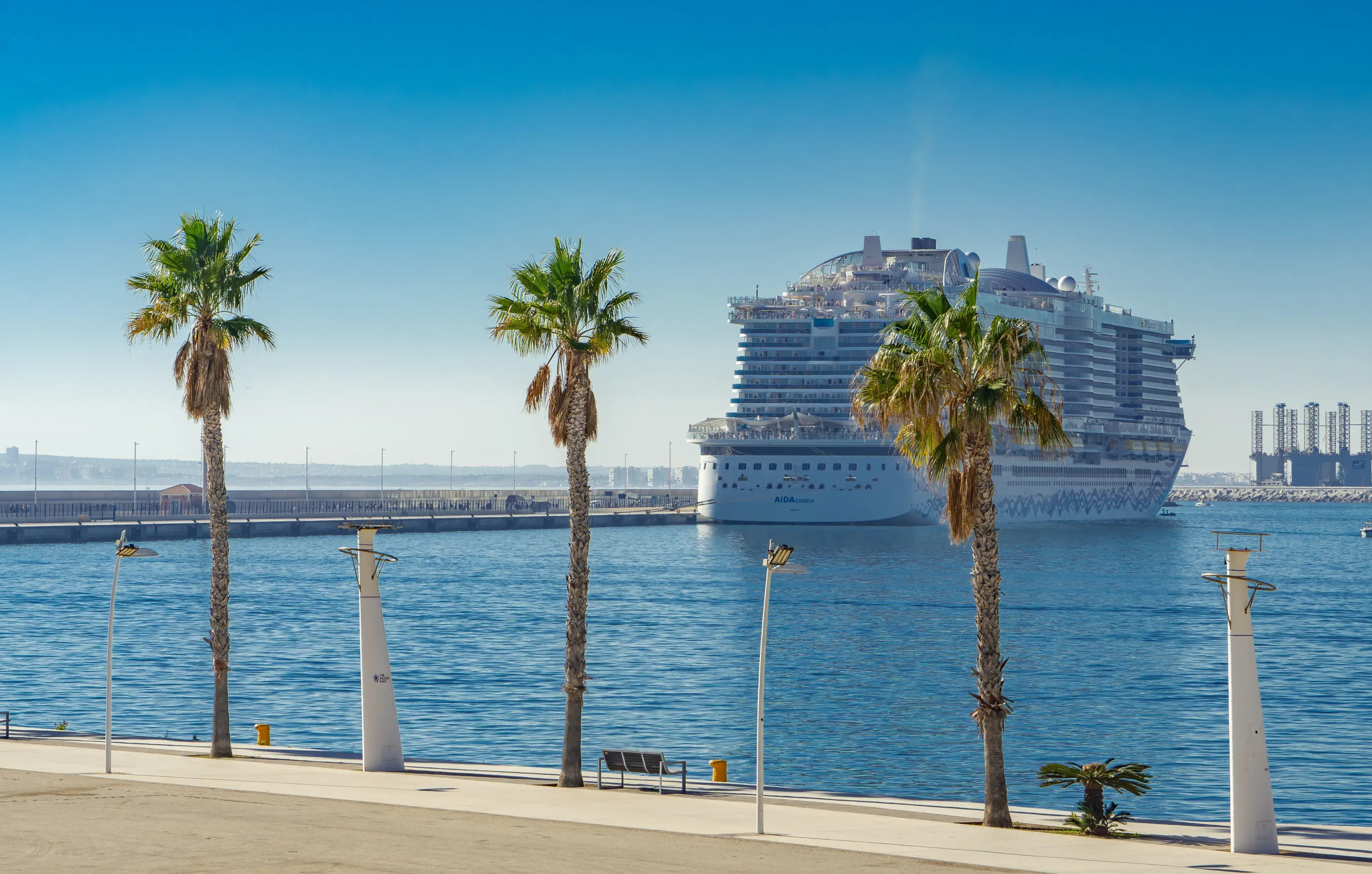
Die schockierende Wahrheit über Reiseversicherungen: Werfen Sie Ihr Geld zum Fenster hinaus?
Aktualisiert am 19. August 2024In einer Zeit unvorhersehbarer globaler Ereignisse und steigender Reisekosten ist die Frage, ob eine Reiseversicherung notwendig oder reine Geldverschwendung ist, aktueller denn je. Als erfahrener Reisejournalist habe ich mich mit den Fakten und Zahlen befasst, um Ihnen die Wahrheit über dieses umstrittene Thema zu vermitteln.
Die Zahlen lügen nicht
Laut einer Umfrage der US Travel Insurance Association (UStiA) aus dem Jahr 2021 gaben die Amerikaner im Jahr 2020 sage und schreibe 3,8 Milliarden Dollar für Reiseschutzprodukte aus. Diese Zahl mag hoch erscheinen, aber es ist wichtig, den Kontext zu berücksichtigen:
- Ungefähr 7 % aller US-Reisenden schließen für ihre Reisen eine Reiseversicherung ab.
- Im Jahr 2020 wurden die Reisepläne von 1 von 6 Amerikanern (17 %) durch unerwartete Ereignisse, die von der Reiseversicherung abgedeckt sind, beeinträchtigt, obwohl die Pandemie die Reisetätigkeit einschränkte.
- Die häufigsten Gründe für Schadensfälle sind Reiserücktritt (40 %), medizinische Kosten (25 %) und Gepäckverlust/-verspätung (20 %).
Wie funktioniert eine Reiseversicherung?
Die Reiseversicherung soll Sie finanziell absichern und Ihnen helfen, wenn auf Ihrer Reise etwas schief geht. Hier ist eine Aufschlüsselung, wie sie normalerweise funktioniert:
- Abschluss: Sie schließen eine Police vor oder kurz nach der Buchung Ihrer Reise ab.
- Deckungsumfang: In der Police ist festgelegt, was abgedeckt ist, z. B. Reiserücktritt, medizinische Notfälle, verlorenes Gepäck usw.
- Vorfall: Wenn während Ihrer Reise etwas schief geht, das durch Ihre Police abgedeckt ist, melden Sie einen Anspruch an.
- Dokumentation: Sie legen die erforderlichen Unterlagen vor, um Ihren Anspruch zu belegen (z. B. Arztrechnungen, Polizeiberichte).
- Beurteilung: Die Versicherungsgesellschaft prüft Ihren Anspruch und Ihre Unterlagen.
- Rückerstattung: Wenn Ihr Antrag genehmigt wird, erhalten Sie die Erstattung der Kosten.
Die Auswirkungen auf das wirkliche Leben
Bedenken Sie: Eine Studie von Berkshire Hathaway Travel Protection ergab, dass 87 % der Reisenden, die eine Reiseversicherung in Anspruch nehmen mussten, der Meinung waren, dass sich die Investition gelohnt hat. Hier ist ein Beispiel aus der Praxis:
Im Jahr 2019 erkrankte eine junge Rucksacktouristin in Thailand in einem abgelegenen Dorf an Dengue-Fieber. Ihre Reiseversicherung deckte die medizinische Evakuierung und Behandlung ab und ersparte ihr so über 30.000 US-Dollar an Kosten, die sie selbst tragen musste. Ohne Versicherung hätte sich ihre Traumreise in einen finanziellen Albtraum verwandeln können.
Das Kleingedruckte
Auch wenn eine Reiseversicherung lebensrettend sein kann, ist es wichtig, dass Sie wissen, was Sie kaufen:
- Vorbestehende Krankheiten: Viele Policen schließen den Versicherungsschutz für Vorerkrankungen aus, es sei denn, Sie erwerben eine Verzichtserklärung.
- Abenteuerliche Aktivitäten: Standardpolicen decken oft risikoreiche Aktivitäten wie Fallschirmspringen oder Bungee-Jumping nicht ab.
- Kündigung aus beliebigem Grund: Dieser umfassende Versicherungsschutz ermöglicht es Ihnen, Ihre Reise aus jedem beliebigen Grund zu stornieren, kostet aber in der Regel 40-60 % mehr als Standardpolicen.
- Kreditkartenschutz: Einige Kreditkarten bieten Reiseversicherungsleistungen an, aber der Versicherungsschutz ist im Vergleich zu eigenständigen Policen oft begrenzt.
Lohnt sich das?
Der Wert einer Reiseversicherung hängt von verschiedenen Faktoren ab:
- Reisekosten: Je teurer Ihre Reise ist, desto mehr können Sie verlieren, wenn etwas schief geht.
- Reiseziel: Reisen in abgelegene oder risikoreiche Gebiete können einen umfassenderen Versicherungsschutz rechtfertigen.
- Gesundheit: Berücksichtigen Sie Ihren Gesundheitszustand und die Qualität der medizinischen Versorgung an Ihrem Reiseziel.
- Aktivitäten: Wenn Sie risikoreiche Aktivitäten planen, stellen Sie sicher, dass diese abgedeckt sind.
Laut einer AAA-Umfrage aus dem Jahr 2022 geben 88 % der Reisenden an, dass eine Reiseversicherung für sie einigermaßen oder äußerst wichtig ist. Letztendlich hängt die Entscheidung jedoch von Ihrer persönlichen Risikotoleranz und Ihren Lebensumständen ab.
Zusammenfassend lässt sich sagen, dass eine Reiseversicherung zwar nicht für jede Reise notwendig ist, aber für viele Reisende einen wertvollen Schutz und Seelenfrieden bietet. Wie bei jeder finanziellen Entscheidung ist es wichtig, sich genau zu informieren, das Kleingedruckte zu lesen und eine fundierte Entscheidung zu treffen, die auf Ihren speziellen Bedürfnissen und Reiseplänen basiert.
Denken Sie daran: Der wahre Wert einer Reiseversicherung zeigt sich oft in den Momenten, von denen wir hoffen, dass sie nie eintreten - aber wenn sie eintreten, werden Sie froh sein, dass Sie sie haben. Schließlich ist die Freiheit, die Welt zu erkunden, unbezahlbar, aber ein Sicherheitsnetz kann diese Entdeckungen noch angenehmer machen.


